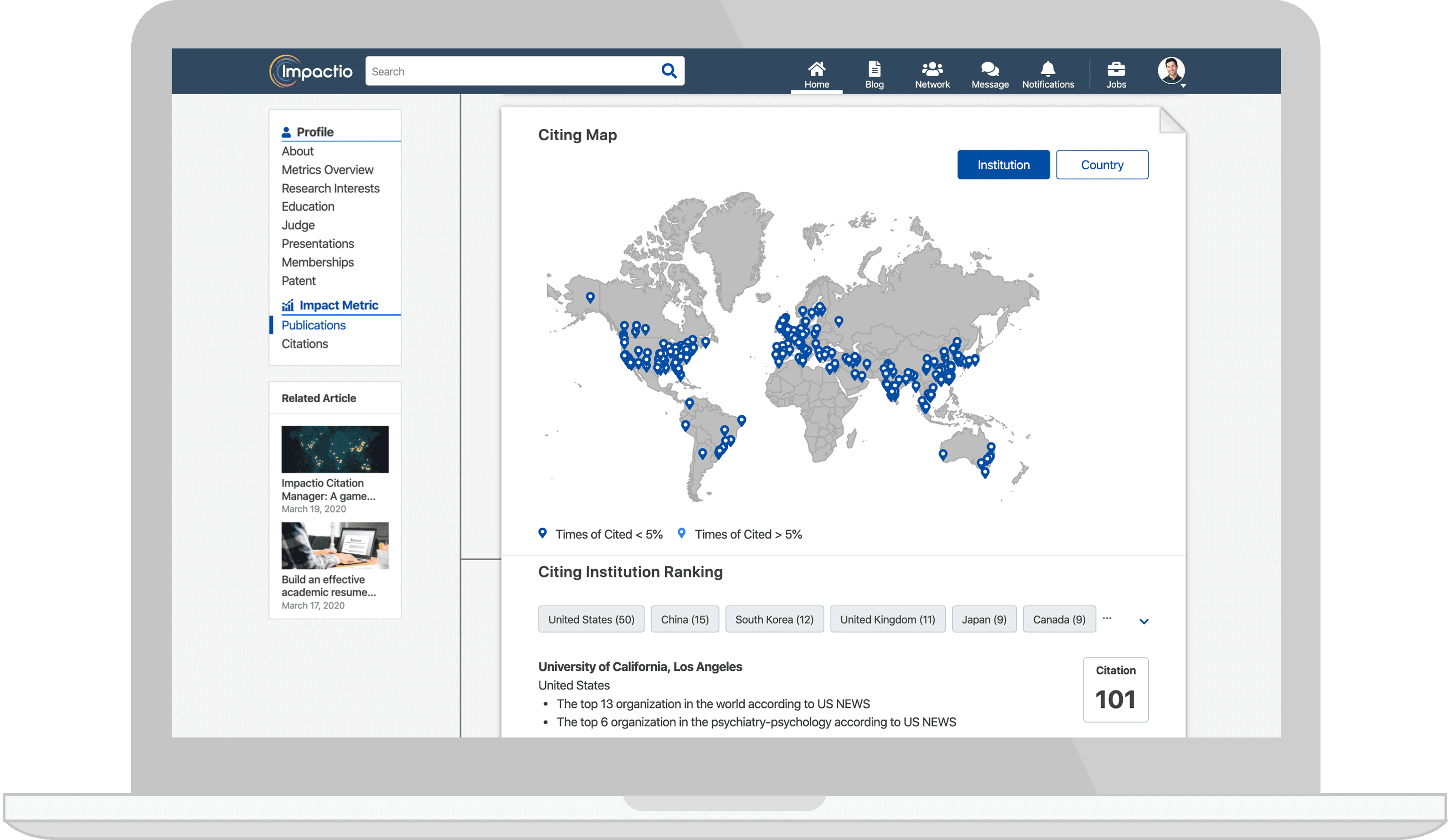A 2016 Plos One study found that how scientists are using social media in the workplace to be significant in terms of distribution among the major platforms available. For example, many academicians use Facebook, and for a sample size of 526 academic individuals spread across a number of specialized fields, in both the U.S. and abroad, 88 percent of these respondents stated that they have a Facebook, while a much lower percentage of the same sample size reported that they use the outlet for personal communication when it comes to scientific endeavors. While many scientists followed science-themed Facebook pages, most suggested that they use it only for personal communication where science is shared with interested colleagues, family and friends.
In the same study, something similar happened with Twitter. Although most of the scientists we surveyed were Twitter users, they were relatively new to it. Of the 93 percent of scientists that identified as having a Twitter account, the majority had had it for less than 2 years. Specifically, 30 percent had held a Twitter account for 1 to 2 years, and 29 percent had an account for less than 1 year.
The trends signify that in general older academics, those who aren’t part of the current millennial generation, aren’t fond of sharing research papers, especially in the fields of engineering, biological sciences, and life sciences, on social media platform. However, if academicians feel comfortable with the UI on Impactio, and are able to harness this new technology and promote their scientific research, it could represent a game-changer in terms of online communication for scientific research. Most of the academicians on Impactio are middle-aged and have had full careers, with much knowledge in their specialized field, and with lots of information at their disposal. While such candidates might not feel comfortable posting about their academic pursuits on Facebook, there is a movement occurring on Impactio whereby these came career people are able to distinguish themselves.
Sharing of Conferences
A major benefit to using Impactio labs, as a Researcher, is the ability to highlight key conferences attended or presented at. It might seem odd, or slightly out of place to read about someone’s academic conference on Twitter, a space where News Feeds tend to be broad and focus on current events and the media, but on Impactio, it is more appropriate for those heavily invested in, say, Soil Science or Earth Science, to distinguish the conferences they have been to that relate to climate change, or earth processes, because others using the platform have already filtered by Keywords that include this discipline.
Discovering a new conference is a great opportunity for career academics. Here are some of the benefits of attending conferences in your field of study:
1. Improving one's communications and public speaking skills. We often think that being an academic is just producing literature reviews and analyzing journals, but it involves other communication techniques.
2. Visiting a new place and understanding the academic culture. Wanting to have a career in a new city should always be prefaced by understanding the culture and “scene” of that city. Attending a conference is a great way to do both.
3. Practicing debate skills and learning to take criticism. Taking criticism on online virtual spaces is one thing, but being able to converse with colleagues who hold different opinions and thoughts is a great way to build character and mature in your career field
4. Adding to your CV. Don’t miss an opportunity to add to your resume in an age where re-skilling has become the norm.
5. Develop personal connections. It is exciting when you scroll onto a page and find a research lab and scientist that fits your interest. It is even more valuable to know these individuals in person, as that can lead to letters of recommendation in the future and other favors.
Promoting Economic Well-being
To conclude, in the current digital and political moment of mass recruiting for remote positions, the older generation can become actively involved on Impactio. This is especially true for academics that need new tools to further their reach, attract young and interested researchers still pursuing Masters and Bachelors degrees, and lead the next generation of academics in the right direction. Word of mouth is still a great resource, but promoting and learning about new avenues of research demands a tool like Impactio laboratory to get the message out for career academics that shy away from other forms of social media.
